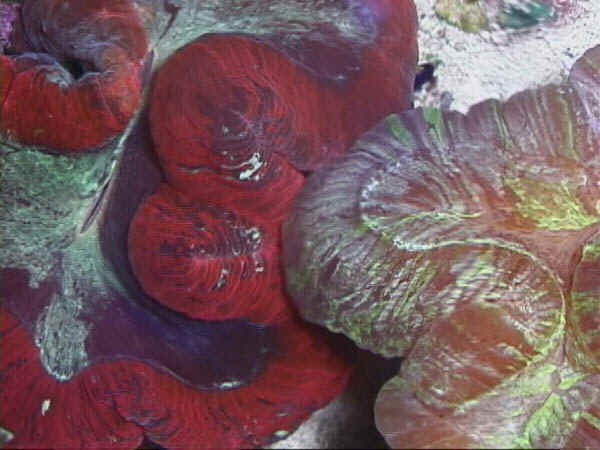Randy Holmes-Farley
Reef Chemist
View Badges
Staff member
Super Moderator
Excellence Award
Expert Contributor
Article Contributor
R2R Research
My Tank Thread
- Joined
- Sep 5, 2014
- Messages
- 67,557
- Reaction score
- 64,012
You are not adding alk with calcium hydroxide.
Let's work through this carefully.
You are adding calcium, hydroxide, and CO2.
No matter how you precombine them or not, the CO2 has zero effect on the calcium and alkalinity present.
What you do is convert the hydroxide into carbonate and bicarbonate, maintaining the same alkalinity.
OH- + CO2 --> HCO3-
2OH- + CO2 --> CO3-- + H2O
Neither of those steps changes the alkalinity, whether it happens before adding the calcium and hydroxide to the tank, or after.



















